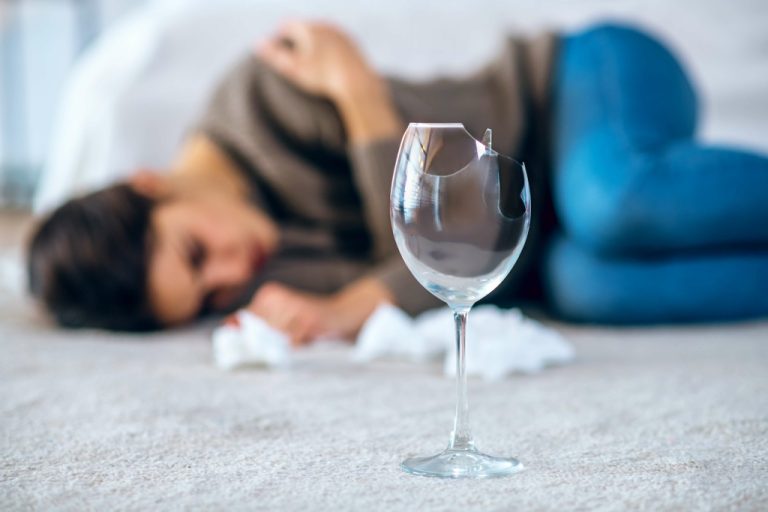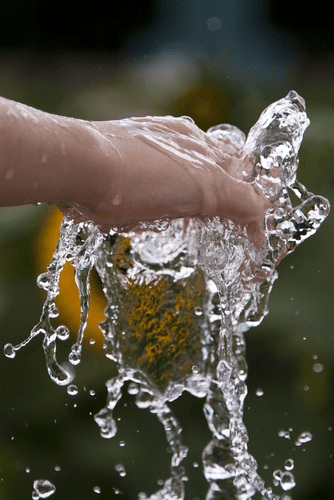The Ultimate Guide to Sustainable Home Improvements For Eco-conscious DIYers
July 20, 2022How to Celebrate Your Sober Anniversary 10 Ways to Celebrate Sobriety
June 6, 2023Whether it’s painting, cooking, gardening, music, or martial arts—hobbies create flow states that quiet the mind and elevate mood. Taking a class also provides opportunities to interact with others, especially when shared interests bring people together. Rebuilding relationships with family members may feel daunting, especially if addiction strained those bonds. But taking small, intentional steps to reach out can help bridge the emotional distance. A simple call, letter, or text expressing a desire to reconnect can open the door to healing conversations. Substance use may be part of your story, but it doesn’t have to be the rest of it.
Disability profiles supported in our website
Community resources from organizations like SAMHSA’s National Helpline can guide you to local treatment facilities and support services. While SAMHSA doesn’t offer counseling directly, information specialists can connect you with trained professionals who provide the right support. Whether you’re loneliness in sobriety early in the process or further along, here are 11 powerful ways to overcome loneliness during addiction recovery. We know you can, because we’ve been lonely, followed these steps, and felt better.
How to Foster Healthy Decision-Making in Recovery
Volunteering can provide a powerful remedy for loneliness by instilling a sense of purpose and belonging. Professional guidance is crucial, especially if loneliness leads to anxiety or depression. If you are ready for addiction treatment in Pennsylvania, our treatment center should be at the top of your list. Loneliness is contributing factor to AUD/SUD, and loneliness is often an outcome of heroin addiction initiating treatment and recovery from AUD/SUD. A person who’s lonely might seem withdrawn, avoid social gatherings, and exhibit signs of sadness or low energy. They might also spend a lot of time on their own and have difficulty sleeping or concentrating.
Exploring Sugar Cravings in Alcohol Use Disorders

First, acknowledge and grieve the loss of your addiction; it might feel like losing a close companion. It also increases your sense of self-worth when you’re part of a network that can help you, and you can also help them. Personal care routines, including mindfulness practices like meditation and journaling, help manage emotional distress. Developing new hobbies and pursuing personal goals can foster a sense of achievement and self-worth. Loneliness extends beyond mere sadness or loneliness; it is rooted in a discrepancy between an individual’s social needs and their actual social experiences. This dissociation means that even if a person is physically surrounded by others, they may still feel deeply isolated if their emotional needs are unmet.

Support groups, reconnecting with friends and family, and engaging in community activities serve as vital tools in combating loneliness. They help create a sense of belonging and purpose, essential for sustaining recovery. Research indicates that social connections significantly improve recovery outcomes by providing emotional support and a sense of belonging. Strategies such as joining support groups, volunteering, and practicing self-care help combat loneliness. Ultimately, nurturing social bonds is a crucial component in overcoming addiction and supporting mental well-being. Moreover, loneliness can result in limited access to essential resources such as accountability partners, therapy, and encouragement from loved ones or support groups.
What is the root cause of loneliness?
- Having a strong support system during recovery substantially reduces loneliness and bolsters mental well-being.
- These platforms provide support and connection with others from the comfort of your home.
- The practice of meditating helps you get in touch with your Mind-body connection.
- At New Method Wellness, we want to support our clients through every aspect of addiction recovery.
Furthermore, the stigmatization of addiction can deter individuals from seeking social support. Consequently, toxic relationships may form, reinforcing isolation rather than providing comfort and connection. As previously mentioned, your life has likely been completely uprooted through getting treatment for addiction and removing your previous toxic circle. This is when you need to start making other connections through new experiences. Sign up for classes or join groups that revolve around these new interests or hobbies.
How Samba Recovery Promotes Self-Compassion in Recovery
During your addiction rehab sessions, you’ll likely spend plenty of time in group therapy. This is especially important because the people in your group therapy sessions are people who face the same challenges and issues as you. Chance is, many of them are also struggling with disconnection and loneliness. Engaging in these activities reminds you that life can still be vibrant and full without substances. These spaces are often filled with people who value authenticity, growth, and real connection. Attending regularly helps you widen your circle and meet others who are also looking to build fulfilling lives in sobriety.
How to Prevent Loneliness During the Recovery Process
By recognizing and accepting their feelings, they can cultivate a healthier mindset and a greater sense of emotional peace. By incorporating these strategies, you can begin to alleviate loneliness and build a supportive network, paving the way for a stronger recovery journey. Loneliness can become a triggering factor for https://ecosoberhouse.com/ substance use as individuals might use drugs or alcohol to cope, creating a cyclical pattern.
